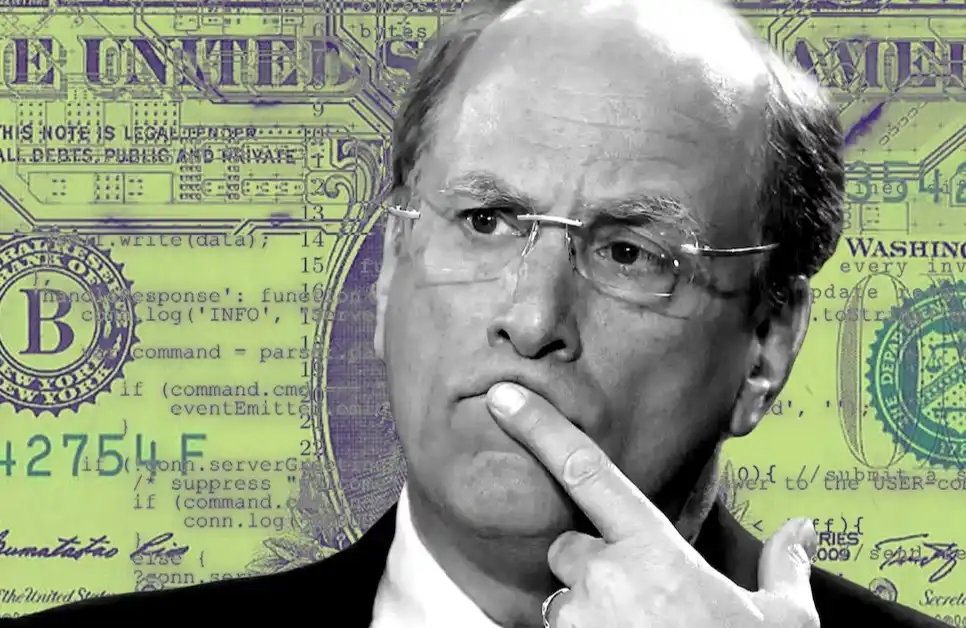Dow, S&P 500, Nasdaq, and Bitcoin retreat as US-China tensions and banks take center stage
- Dow and S&P 500 futures trade lower
- China applies sanctions and increases trade tensions
- Earnings season for major banks begins
Major U.S. index futures fell on Tuesday, as the market reacted to renewed trade tensions between Washington and Beijing, as well as expectations surrounding major banks' earnings season. The Dow Jones Industrial Average fell about 0,6%, the S&P 500 dropped 1%, and the Nasdaq 100, heavily linked to the technology sector, lost more than 1,4%.
The negative sentiment followed a previous session of relief, but was quickly reversed after China announced new sanctions. Beijing banned Chinese companies from doing business with five units of South Korea's Hanwha Ocean because of their ties to the United States. The measure was interpreted as a direct response to the trade policies of current US President Donald Trump, particularly in the shipping sector.
This escalation in disputes has shaken the prospects of a possible truce between the powers, putting the trade war back on investors' radar. Both nations had already been using port surcharges as a strategic tool, and the new retaliatory move adds further pressure to global markets.
Meanwhile, the third-quarter earnings season kicked off with results from giants like JPMorgan Chase, Citigroup, Goldman Sachs, and Wells Fargo. JPMorgan surprised positively, driven by strong trading activity on Wall Street. Its CEO, Jamie Dimon, highlighted that the U.S. economy "remained resilient," but reinforced that several risks still loom on the economic horizon.
With the ongoing government shutdown, several important data points, such as the September consumer inflation report, have been postponed. The new release date for the index is scheduled for October 24th. Information on retail sales and producer prices is also expected to be delayed, compromising a complete understanding of the economy.
Faced with this data blackout, investors are turning their attention to Federal Reserve Chairman Jerome Powell's speech at the annual NABE meeting, where clues are expected about the next steps in monetary policy.
Following China's response, Bitcoin — which was near $115 — fell back to near $110 and is now trading around $111.553, reflecting widespread market nervousness.
Disclaimer: The content of this article solely reflects the author's opinion and does not represent the platform in any capacity. This article is not intended to serve as a reference for making investment decisions.
You may also like
EIGEN Large Unlock Incoming: 10% Market Cap Dilution Per Month, Smart Money Exits Early
There will be more unlocks on November 1, and the results will be revealed then.

The 2025 Velo Global Technology Awards Carnival (Singapore) Concludes Successfully
Global tech elites gather to spark new ideas, driving a new chapter in the digital future.

BlackRock CEO: Crypto Wallets Surpass $4 Trillion, "Asset Tokenization" Is the Next "Financial Revolution"
BlackRock has revealed its goal to bring traditional investment products such as stocks and bonds into digital wallets, targeting an ecosystem worth over $4 trillions.

Chainlink chooses MegaETH to implement the only native real-time oracle, driving the emergence of next-generation high-frequency DeFi applications
Setting a high-performance standard: Chainlink oracle network brings ultra-low latency market data to the first real-time blockchain, ushering in a new narrative for on-chain finance.

